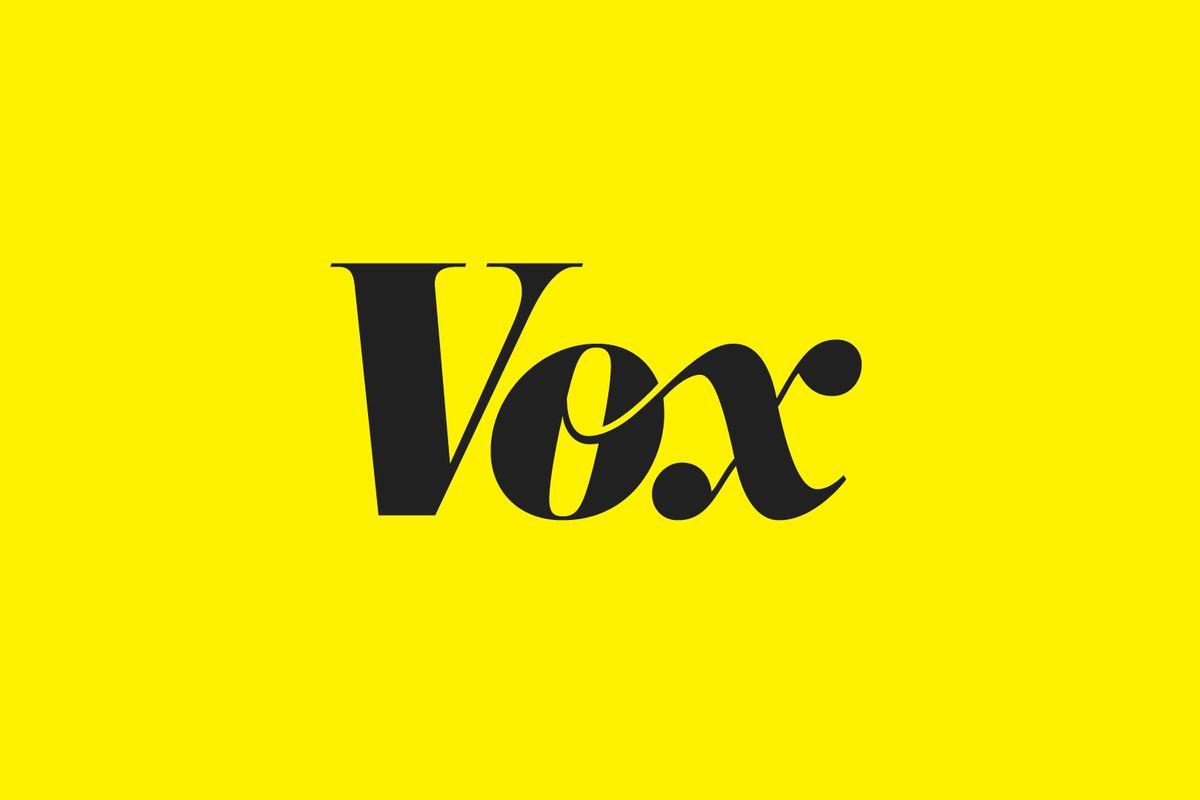On Monday, November 9, 2020, Pfizer and BioNTech announced in a press release that their vaccine candidate was more than 90 percent effective at preventing Covid-19 infection, based on initial results from their ongoing phase 3 clinical trial. The company expects to have applied for emergency use authorization with the Food and Drug Administration (FDA) by the end of November and could have as many as 50 million doses produced by the end of 2020.
This is tremendous news — and misinformation about it is already circulating on social media. According to research from VineSight, a slew of Twitter accounts, including those of Donald Trump Jr. and Sen. Ted Cruz, are already questioning the timing of the results’ release just days after the presidential election. By midday, tweets pushing that narrative had racked up more than 20,000 shares. The researchers estimate that Donald Trump Jr.’s tweet alone could have been seen by nearly 7 million people...
“We can certainly expect that, since it’s a novel vaccine, there are going to be things that we didn’t anticipate,” notes David Broniatowski, a George Washington University engineering professor who has studied social media and vaccines.
But there are things that social media companies probably should do now to prepare for such situations. In addition to lowering expectations for the first vaccine, platforms must also prepare for the kinds of questions people will have about it, and ensure that people have room to openly discuss and question aspects of the vaccine. Inevitably, one of the most powerful things social media companies could do is play a role in making the argument for vaccination itself as a public health imperative.


